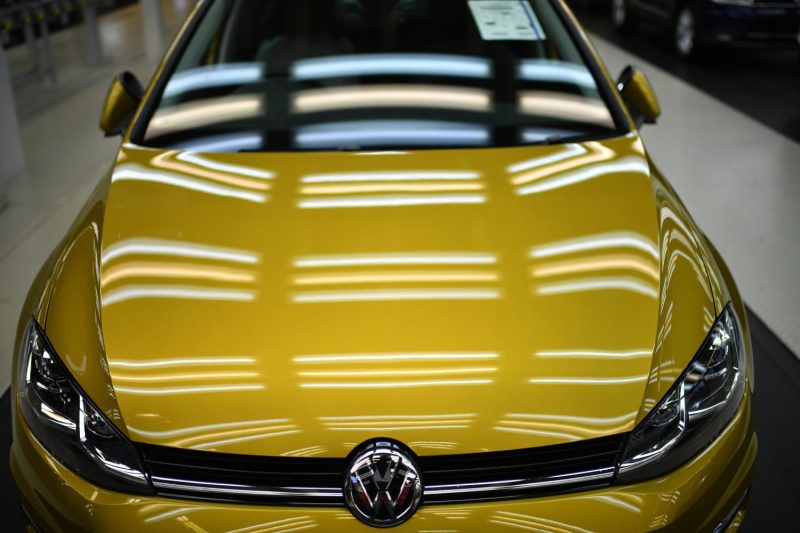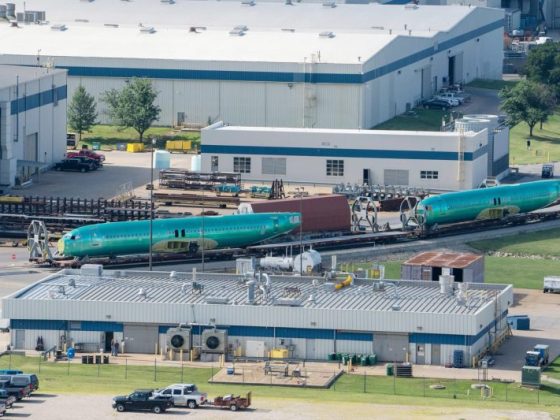Volkswagen, the prominent Germany-based automaker, initiated one of their largest recent recalls in the United States (US), affecting about 261,000 vehicles. This recall was necessitated by a potential fuel tank issue which could result in an unanticipated stall or even a fire, visibly underline the seriousness of the situation.
The vehicles affected by the recall include the Volkswagen Golf, Jetta, and Passat models produced between 2012 and 2014 which appear to bear the brunt of the fuel tank issue. Another vehicle, the Audi A3, assembled between 2015 and 2016, is also part of the list. The catalytic converter in these vehicles can become damaged if the fuel tank gets empty, causing the engine to stall.
Volkswagen stated that the problem arises when the fuel level in these models gets extremely low, to the point of almost empty. This, in turn, can cause the car engine to miss fires, leading to undesired heat in the exhaust system. Consequently, the overheating can lead to the catalyst’s meltdown inside the catalytic converter, forming a blockage. This blockage, then, can cause the vehicle to stall, potentially becoming a serious safety hazard if it happens while driving at high speeds on highways.
Even more concerning, beyond engines stalling, is that the fuel tank issue may cause fires in certain situations. Although the company indicated that there are no reports of accidents, injuries, or fires to date linked to this issue, the potential risk is evident and worrying. The ultimate decision to recall over a quarter-million vehicles underscores Volkswagen’s commitment to the safety and satisfaction of its customer base.
The recall process initiated by Volkswagen is systematic and aims to address the issue effectively. The owners of the affected vehicles will be notified by the company via mail. Once notified, they can take their vehicles to a nearby Volkswagen dealer, who will then update the engine control software free of charge. This software update is expected to allow the engine to avoid reaching the point at which misfires could occur when running on very low fuel.
In addition to this primary solution, Volkswagen will also inspect the catalytic converter and replace it if necessary, all at no cost to the vehicle owner. Volkswagen reassured that they are diligently working to rectify this problem, indicating that their proposed solutions mitigate the possible risks linked to the fuel tank issue and aim to ensure the safe operation of the affected vehicles.
This recall aligns with Volkswagen’s continuous efforts to place the safety of its customers first. While the event is indicative of the complicated engineering landscape that auto manufacturers navigate, it also demonstrates Volkswagen’s proactive approach to finding and resolving potential issues before they lead to adverse situations, showing responsible corporate behavior and a noteworthy emphasis on customer safety and satisfaction.











